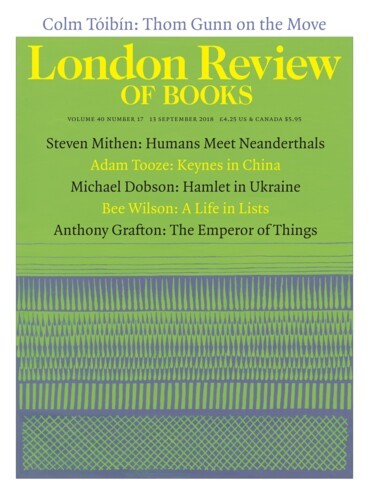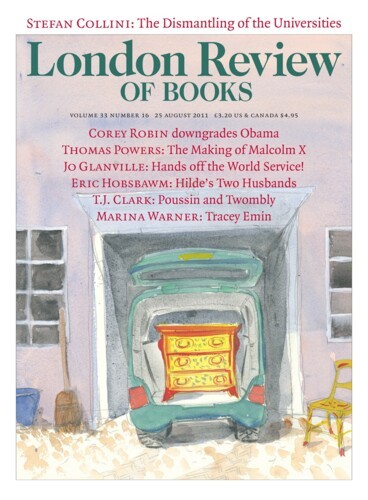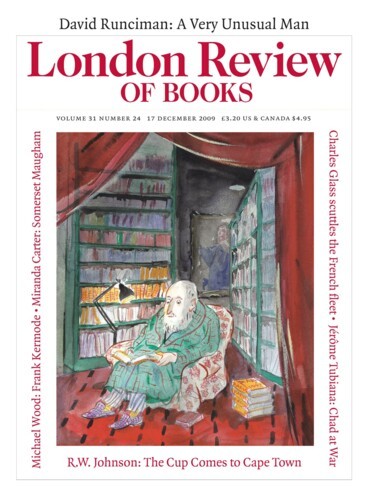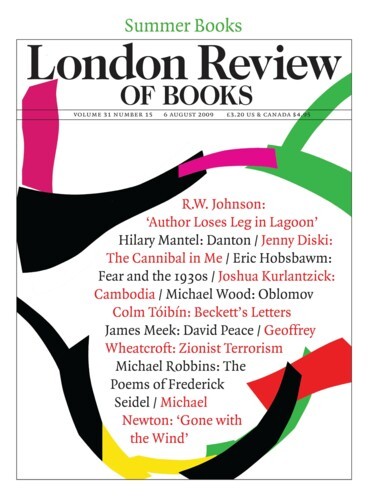The Finchley Factor: Thatcher in Israel
Geoffrey Wheatcroft, 13 September 2018
A short book could be written about British prime ministers and Zionism. It might begin in 1840, when Lord Palmerston, foreign secretary and prime minister-to-be, received a letter from his stepson-in-law Lord Ashley, an MP better known later as Lord Shaftesbury, the Tory philanthropist commemorated by the statue of Eros at Piccadilly Circus. Palmerston ‘had been chosen by...




